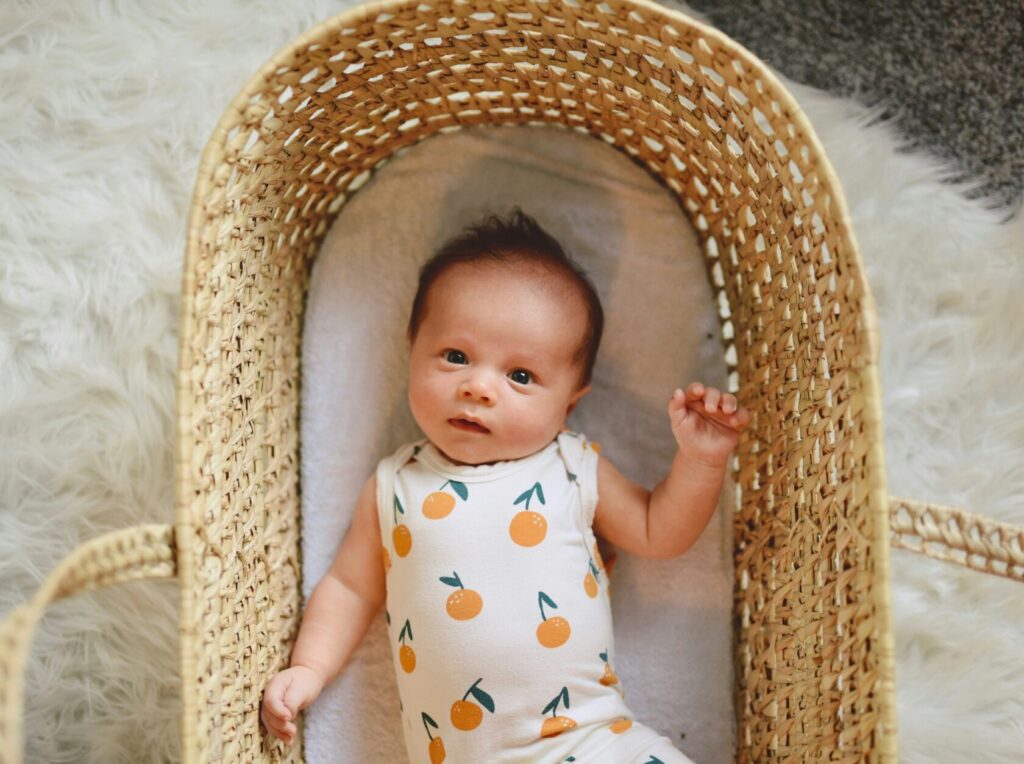From the pages of the Baby & Child Care Encyclopedia: Chapter 1, Prenatal 101
Over the years the list of safe and unsafe foods and activities for pregnant women has evolved. Read on for the rundown on what to avoid and what gets the green light.
Things to avoid during pregnancy—and what's safe
Imagine this: You order a latte at your local cafe and hear a voice behind you chime in, “You can’t have coffee—you’re pregnant!” If you haven’t heard this line yet, you likely will at some point in your pregnancy…but is it true? The answer is…sort of.
While it’s best to limit caffeine during pregnancy, you don’t have to eliminate it completely. So yes, order that latte and enjoy every guilt-free sip; just don’t have three of them in one afternoon. Here’s a broader look at what’s safe in pregnancy and what you should avoid.
Safe
- Caffeine (in moderation)
- Exercise (we’ll get into this in more detail later on)
- Dyeing your hair/eyebrows/eyelashes (avoid until after your first trimester and ensure proper ventilation; also, an organic or semi-permanent dye is best and be sure to do a skin test to avoid any allergic reactions)
- Painting (avoid until after your first trimester, and only paint in well-ventilated spaces)
- Acupuncture or massage therapy (be sure to inform your practitioner about your pregnancy)
- Sex (unless instructed otherwise by your doctor)
Avoid
- Smoking
- Drinking alcohol
- Cannabis
- Excessive caffeine (stick with under 200-300mg per day: one to two cups of coffee or two to four cups of caffeinated tea)
- Eating unpasteurized cheese, mould-ripened cheeses like brie, Camembert or blue, deli meats, liver or liver pate, undercooked eggs and raw meat, sushi and other dishes with raw fish or high mercury fish or seafood, undercooked ready meals or leftovers
- Cleaning your cat’s litter box, gardening without gloves or visiting farms without livestock (this can lead to a dangerous condition called toxoplasmosis)
- Using a hot tub (unless the water temperature is lower than 36 C) or sauna
- Breathing in mothballs or harsh chemical cleaning products
- Getting an x-ray
- Using a tanning bed
- Tattoos and piercings
TOXOPLASMOSIS is an illness that can be transmitted by exposure to toxoplasma gondii, a parasite that is commonly found in cat feces. While treatable in humans, toxoplasmosis can result in serious pregnancy complications, including physical disabilities, developmental delays or miscarriage.
Read more from the Baby & Child Care Encyclopedia.

-
-
- Prenatal 101
- Breastfeeding and the First Three Months
- Starting Solids and the Toddler Years
- An Age-by-Age Guide to Sleep
- Family Nutrition
- Kids and Mental Health
- When Your Child is Sick
- Safety and First Aid
- Milestones, Checklists and Charts
-









